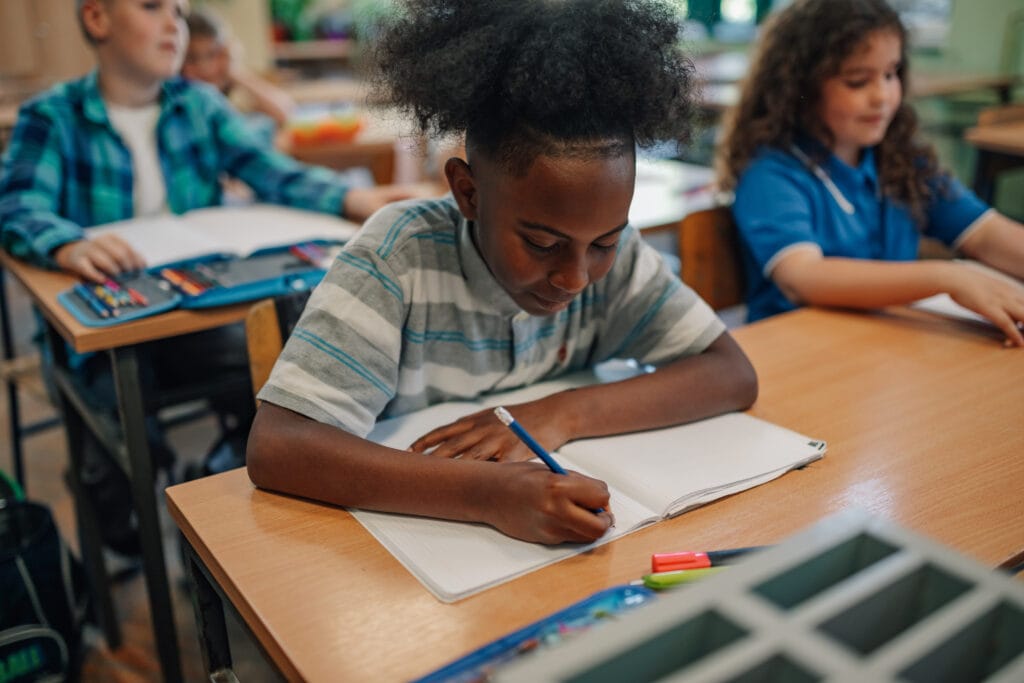Student engagement plays a strong role in improving learning outcomes, but superintendents and teachers disagree on how to best measure it, new research confirms.
According to Discovery Education’s new “Education Insights 2025-26: Fueling Learning Through Engagement” report, 93% of teachers agree that student engagement is critical for understanding overall achievement, in addition to 99% of superintendents. However, measurement strategies vary between the two groups.
Seventy-two percent of teachers agree that asking thoughtful questions is the strongest indicator of student engagement. Meanwhile, 54% of superintendents say scoring well on assessments is the top engagement indicator.
“I believe this highlights the need for a more standardized approach to measuring student engagement and connecting it to academic achievement,” said Brian Shaw, chief executive officer at Discovery Education.
Superintendents and teachers also disagree on whether their schools have systems capable of measuring engagement. Although 99% of superintendents and 88% of principals say their district is intentional about measuring engagement, only 60% of teachers agreed.
Furthermore, nearly 33% of teachers agree that a lack of clear, shared definitions of student engagement is a top challenge to measuring engagement effectively.
Perhaps most importantly, students’ perceptions of engagement differ from those of their teachers. While 63% of students agreed with the statement, “Students are highly engaged in school,” only 45% of teachers and 51% of principals agreed.
As for parents, they feel that their child is engaged when they are eager to share what they learned.
“I know my kids are truly engaged when they come home and, unprompted, share stories about the classes that interest them the most,” said one parent. “That engagement shows up in other ways too—like going above and beyond in their studies and challenging themselves to take harder classes without any push from us.”
Additional findings
- Proximity to learning alters impressions: Two-thirds of students believe AI could help them learn quicker, but fewer than half of teachers report using AI to complete tasks. Only 57% of teachers say they learn about the positive ways students are using AI.
- Students think they’re more engaged than their peers: Sixty-one percent of high school students self-report high levels of engagement, but only 39% describe their peers as engaged.
Read the full report here.
More from DA: Gen Z is more optimistic, if not fully engaged
Stephen Wakefield 2025-09-04 18:57:14
Source link

